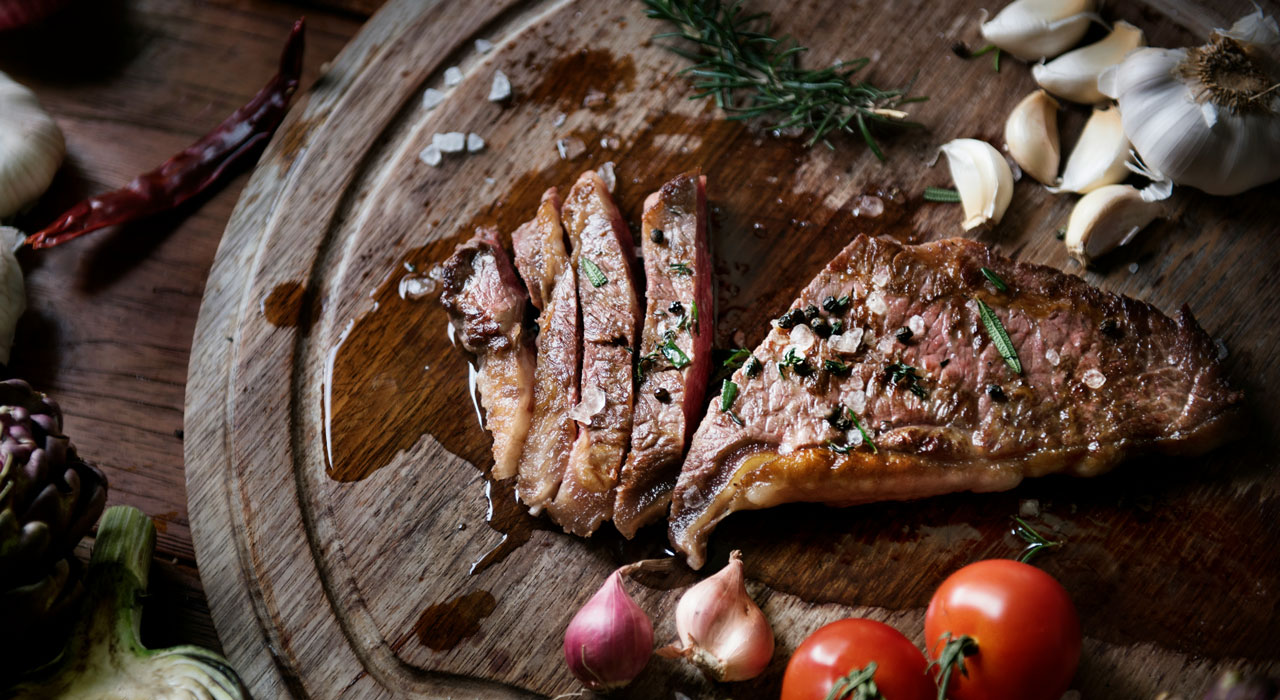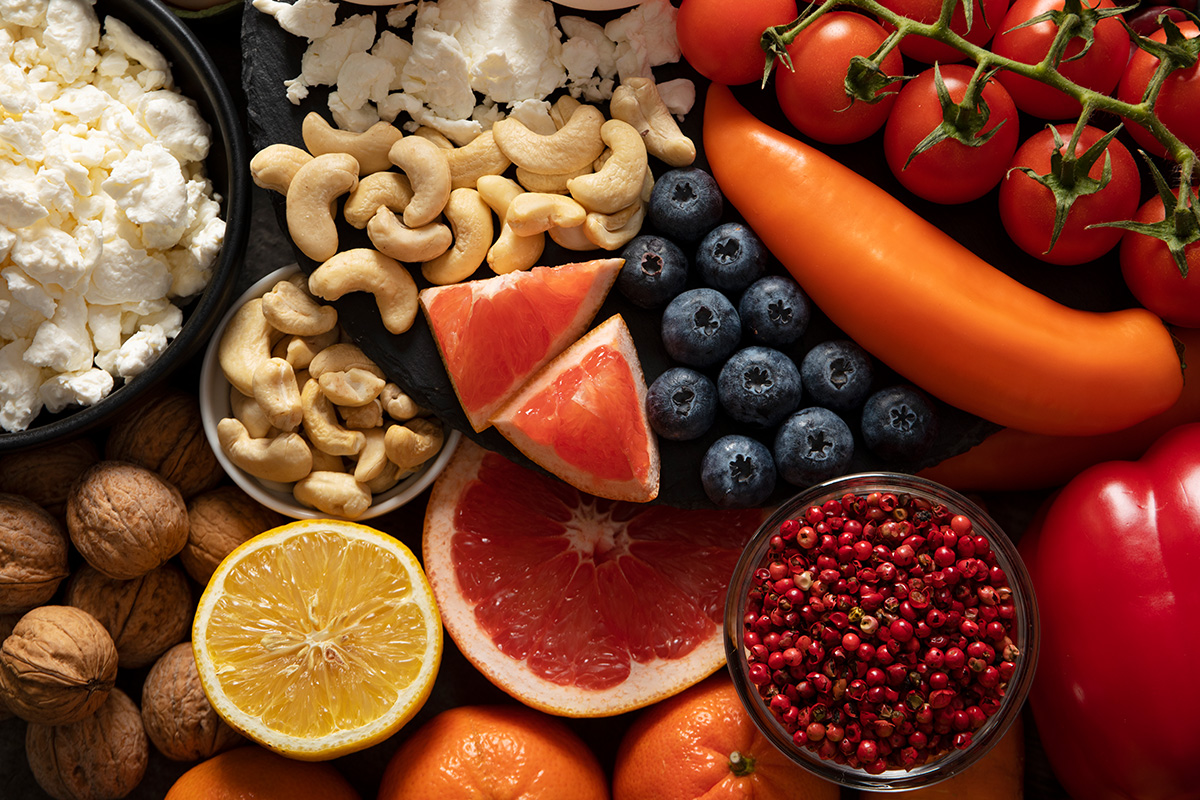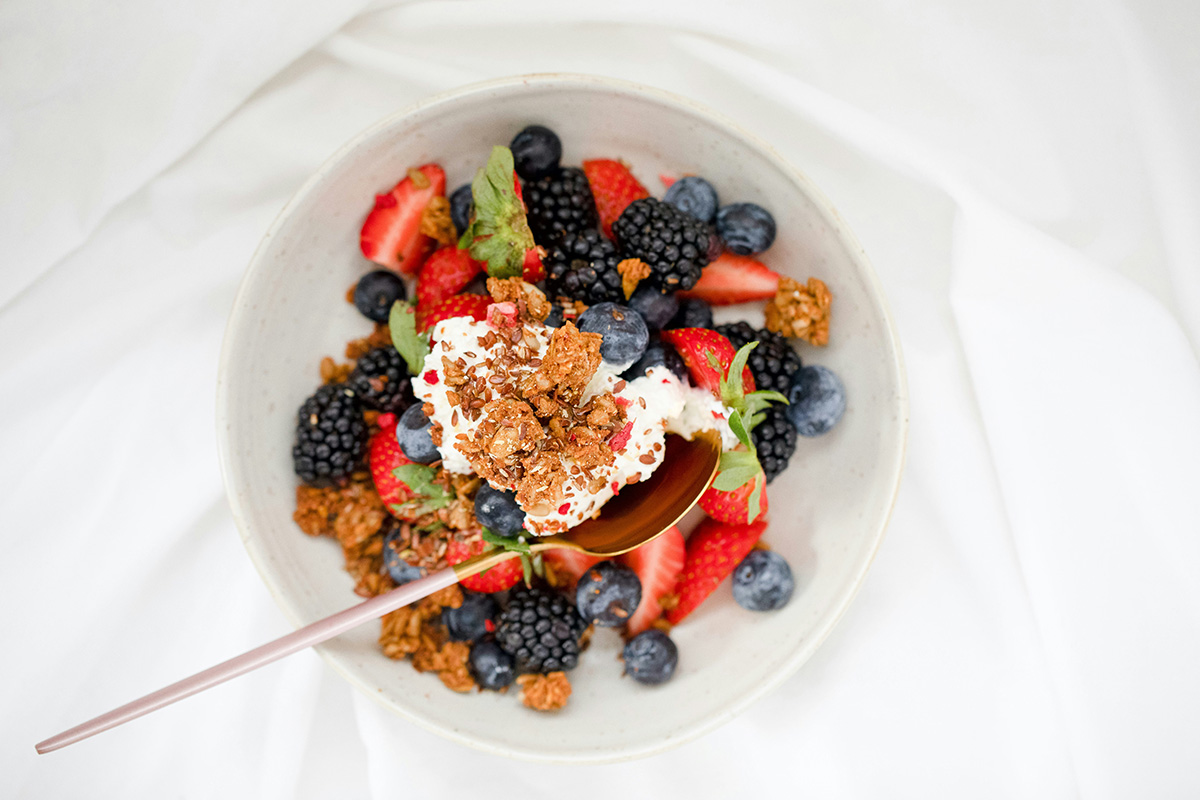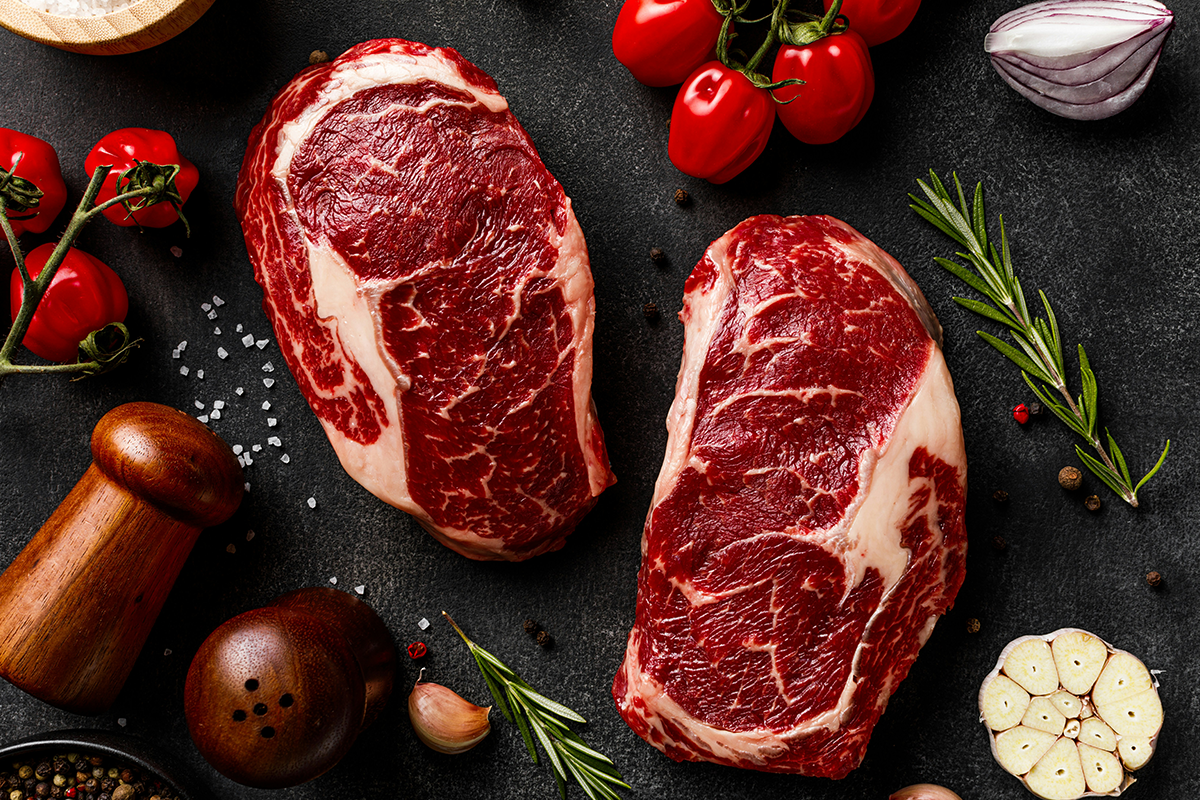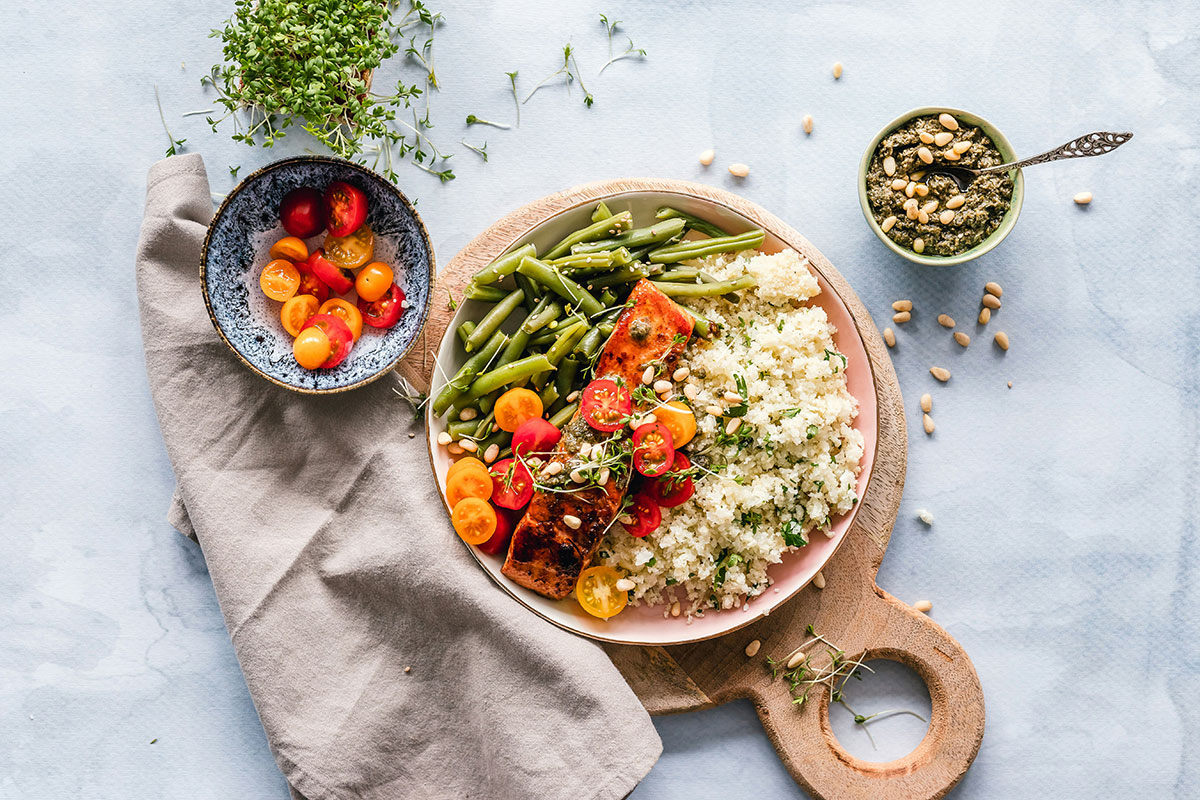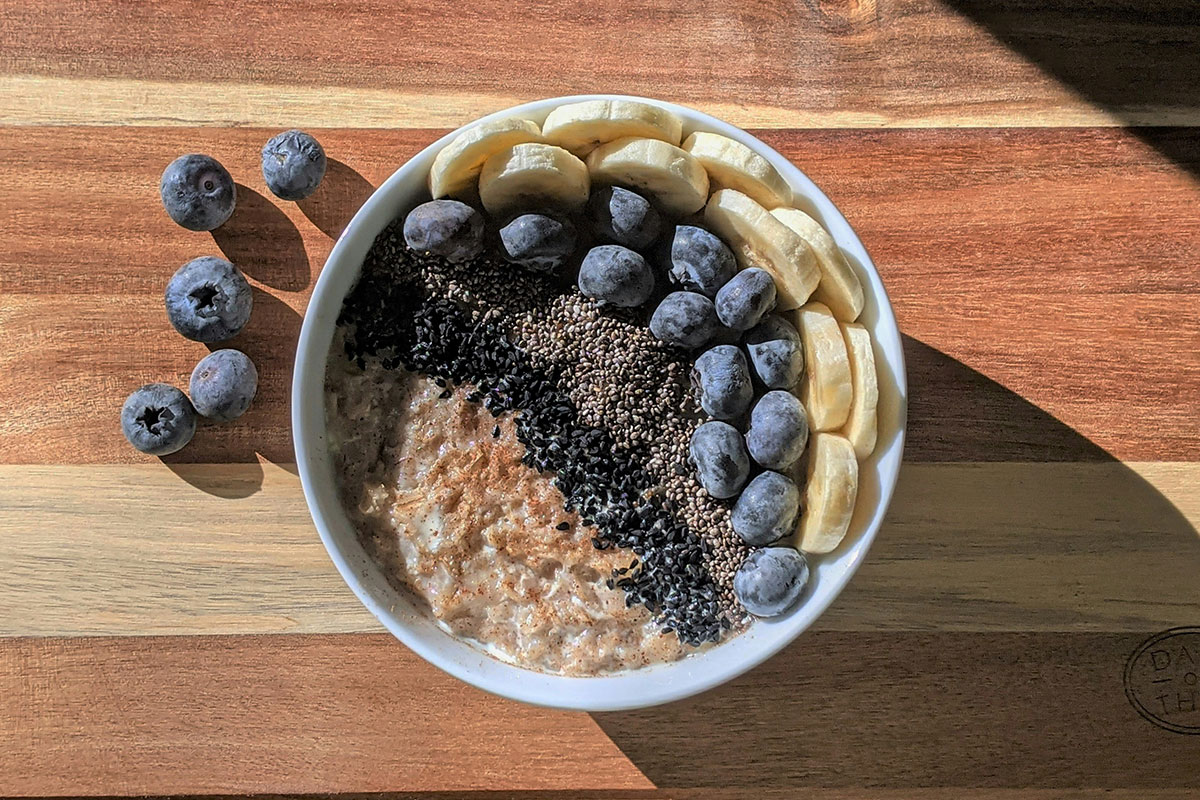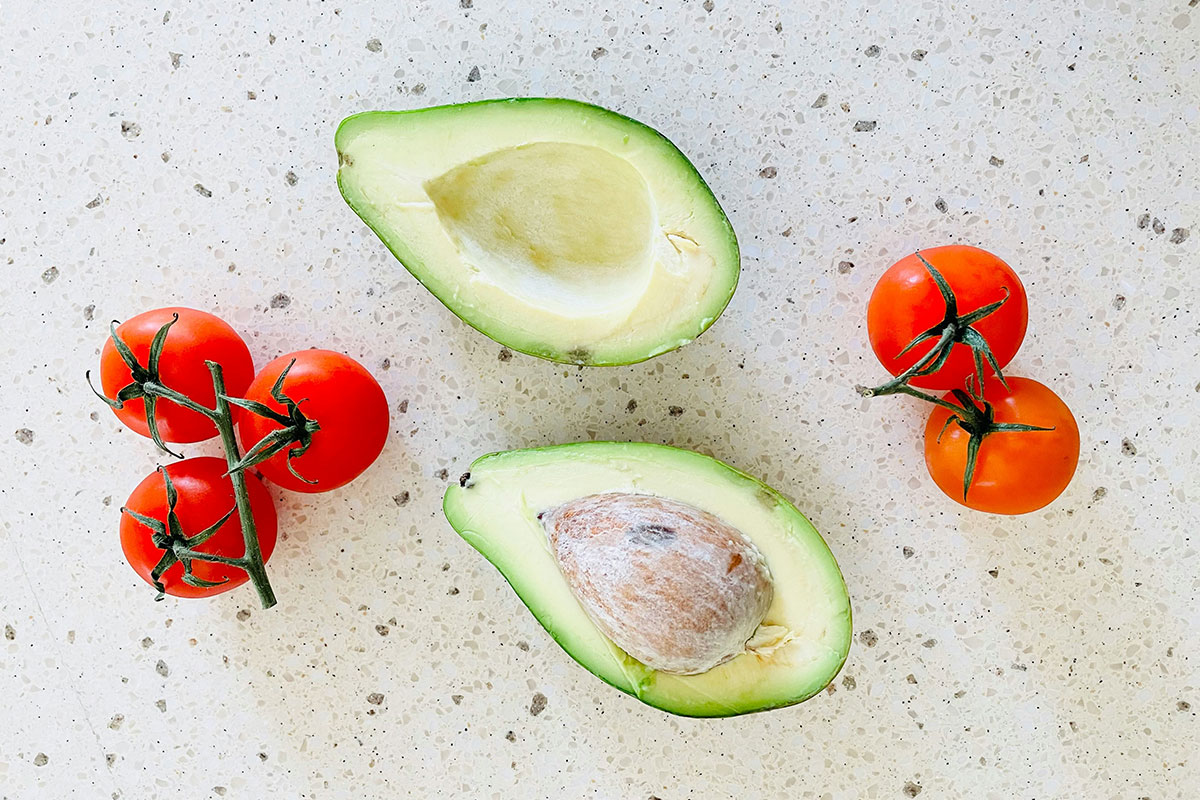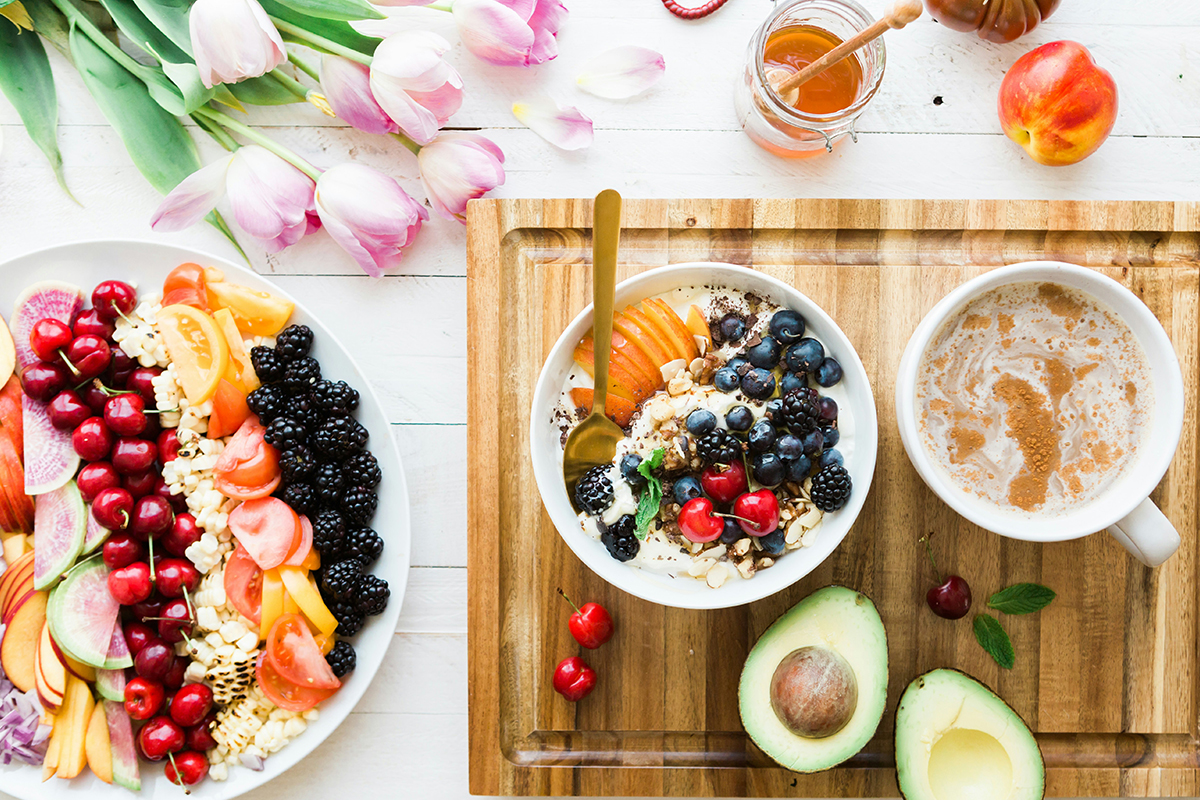Macros 101: How to Count Macros for Weight Loss and Muscle Gain
The latest trend in weight management corresponds to trends unfolding on social media. As the darling social network of recent years, TikTok has become a preferred digital spot for fitness, health, and nutrition influencers who provide advice, tips, and techniques through short videos. In 2026, millions of TikTok users watched videos about #Macros, #MacroCounting, and #IIFYM (If It Fits Your Macros), which are part of the #GymTok and #Fitness clouds. Many videos in these hashtags refer to macronutrient strategies for fitness enthusiasts who want to increase muscle gain while meeting their bodyweight targets.
The concept of managing macros for muscle gain dates back to the Golden Age of Bodybuilding, which ran from the 1970s to the 1990s. Essentially, old-school bodybuilders abandoned strict calorie-counting regimes for more granular nutrition strategies that prioritized protein for muscle preservation. In the late 2000s, online fitness guru Anthony Collova coined the #IIFYM strategy of measuring macros for weight loss, which was a paradigm shift because of its strong focus on food quality.
By 2012, online discussion about #IIFYM had moved from fitness and bodybuilding forums to Facebook and Twitter (now X). The release of Collova’s website and macro calculator coincided with #IIFYM support from nutritional scientists who agreed that weight loss and muscle gain are primarily driven by caloric balance and macro ratios rather than dieting and loading.
What Are Macros?
Macronutrients provide energy, which we measure in calories, and the building blocks for human tissue. Unlike micronutrients, which include supplemental vitamins and minerals, we consume macros in large quantities. There are three main macros that play critical roles in how we can burn fat, build muscle tissue, and manage bodyweight:
Protein
This macro is essential for stimulating muscle growth and repairing tissue. When you diet and exercise for weight loss, you generate a calorie deficit that prompts your metabolism to burn muscle for fuel. You can prevent this with a higher protein intake from food sources like eggs, chicken breast, lean beef, and Greek yogurt.
Carbohydrates
Carbs are preferred sources of vital energy that your muscles and liver preserve as glycogen. Fitness enthusiasts know that carbs provide the “high-octane” fuel needed to power through intense workout sessions for stimulating gradual muscle growth. Some preferred sources of carbs include oats, rice, fruits, whole grains, and sweet potatoes.
Fats
These macros provide the most energy density at nine calories per gram. Fats are vital for hormone production, brain function, and the absorption of fat-soluble vitamins. After being demonized by the weight loss industry for many decades, fats became a stronger focus of the #IIFYM movement because food sources like avocados, nuts, olive oil, and salmon provide excellent nutrition for weight management and muscle building.
How to Count and Track Macros?
Mastering how to count macros starts with establishing daily targets and fitness goals. The most optimal tracking involves following a recommended nutritional plan and using a digital scale for accuracy. The food items, ingredients, and intake quantities come from the plan. Once you have your weights, you need to learn how to track macros using an online calculator or a mobile app like MacroFactor, which allows you to scan barcodes or search the database to log your protein, carbs, and fats. As you stay consistent with the data, you can make intake adjustments to ensure you hit ratios for fat loss and muscle hypertrophy.
Macros for Weight Loss
When you want to lose fat by exercising and without losing lean tissue, understanding what are macros in food becomes your greatest advantage. For weight loss, prioritizing protein helps you maintain muscle mass. You want to compensate for the caloric deficit with high-protein foods that keep you satiated.
Macros for Muscle Gain
This strategy is the opposite of macros for weight loss because you generate a calorie surplus. Increasing your carb intake ensures your muscles are saturated with glycogen, thus providing sufficient energy. Please remember that increasing your carb intake should correspond with more intense workout sessions.
Enjoying Meals That Fit Your Macros
Ultimately, the macro strategy replaces restriction with flexibility and support from nutritional scientists. Whether you’re aiming for fat loss or muscle gain, hitting your macro numbers helps you achieve consistent progress.

